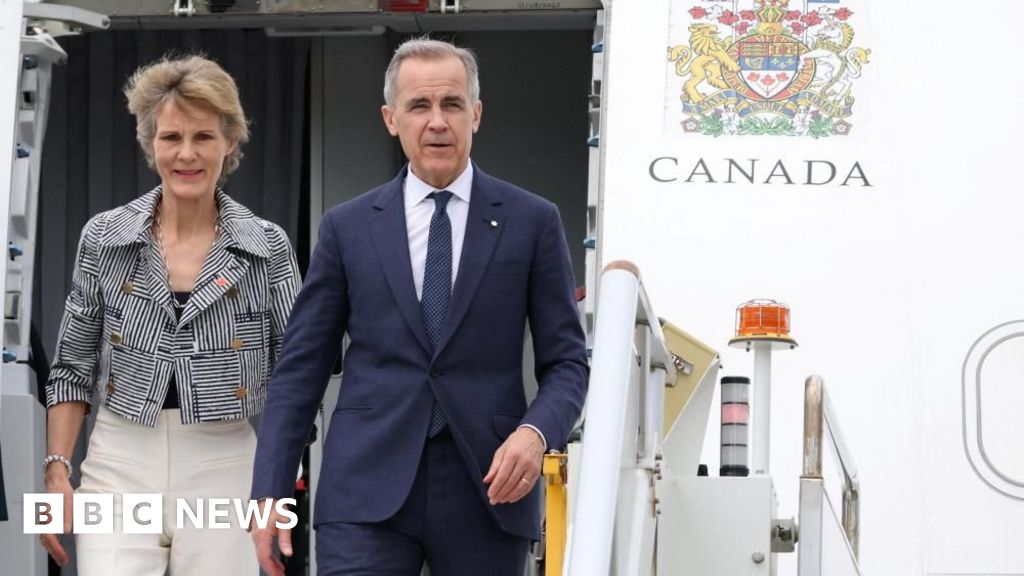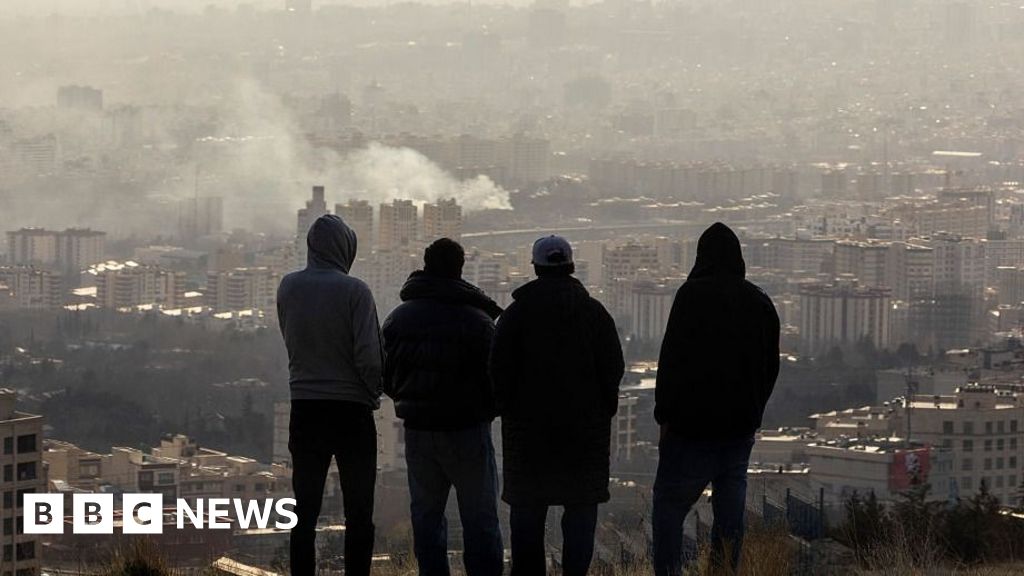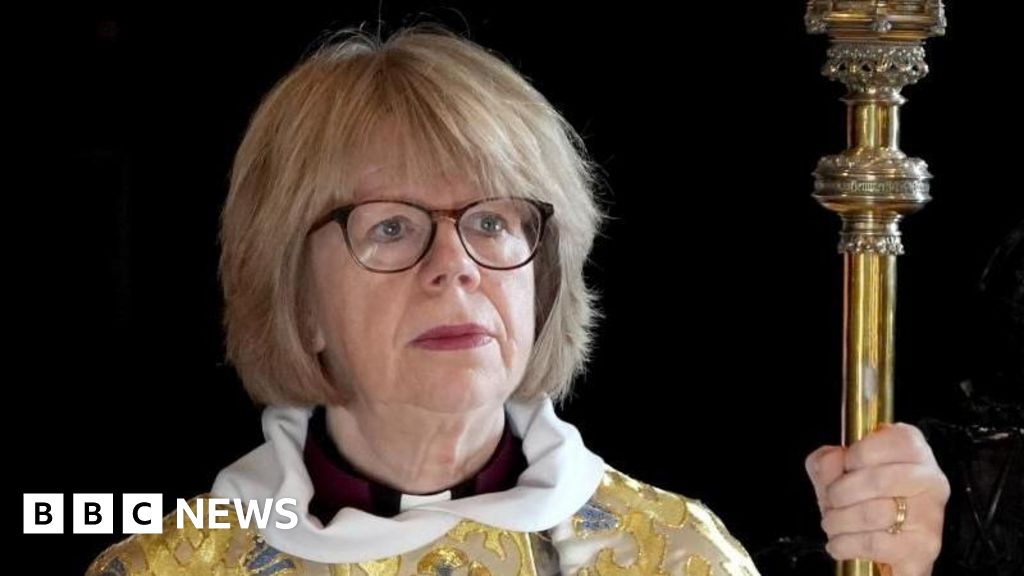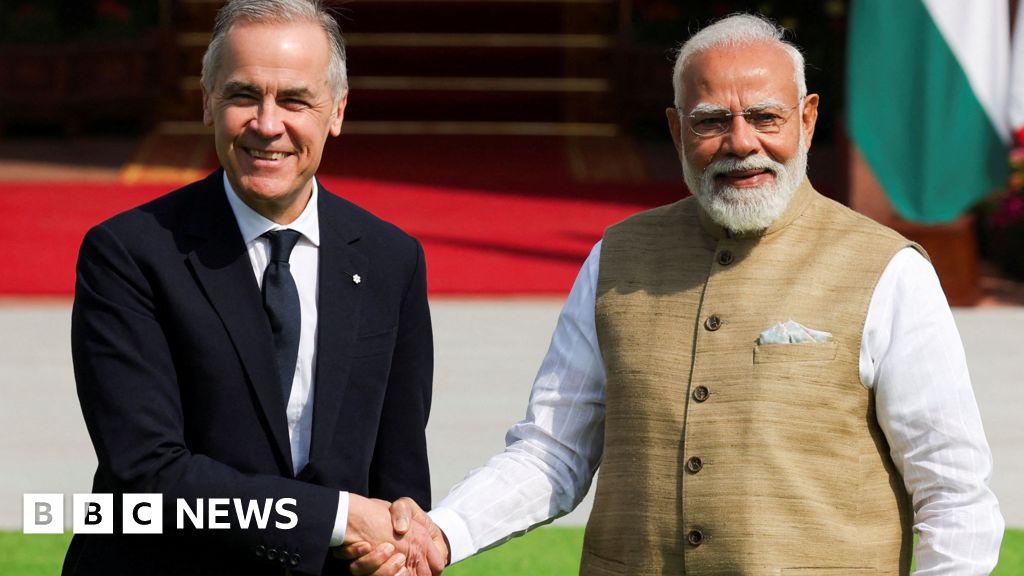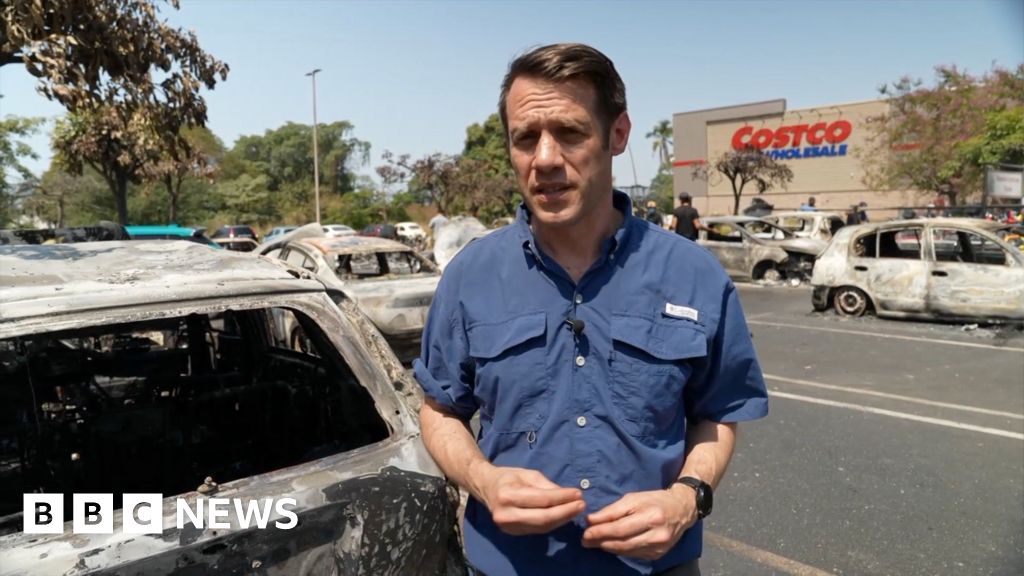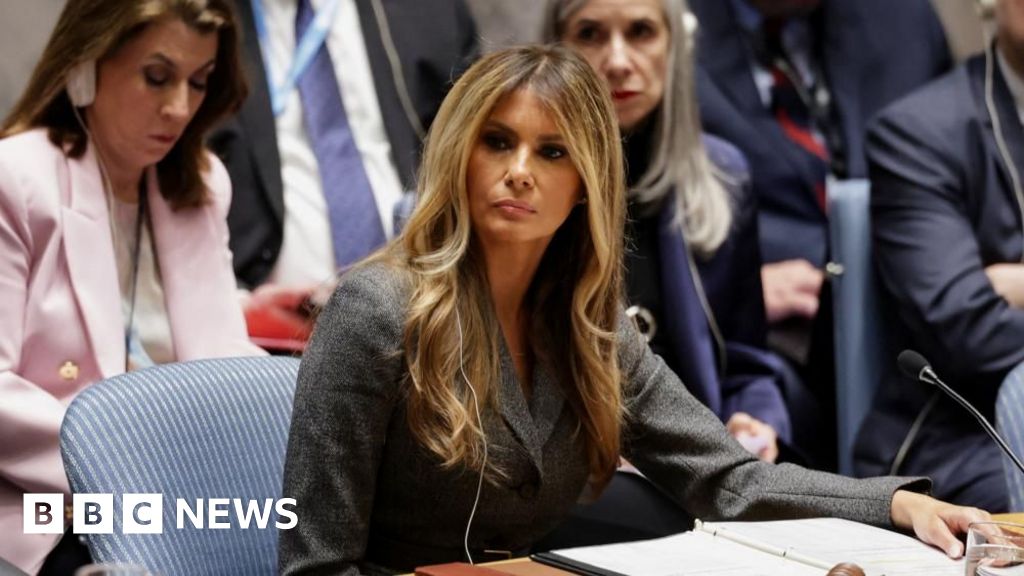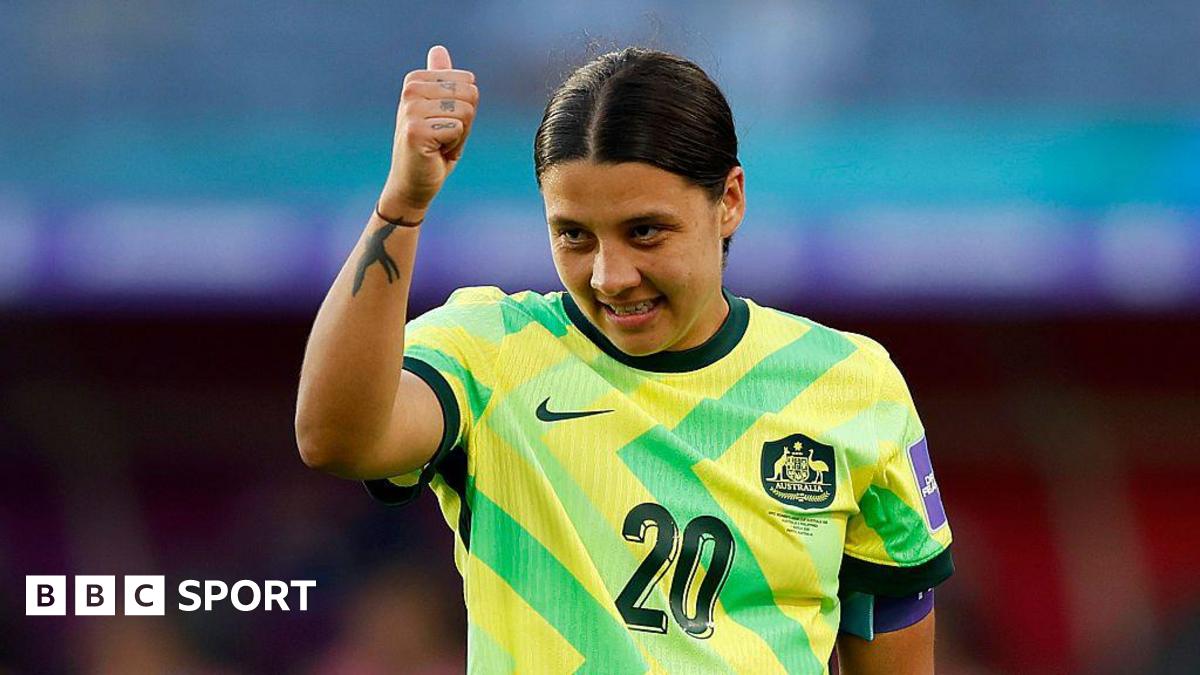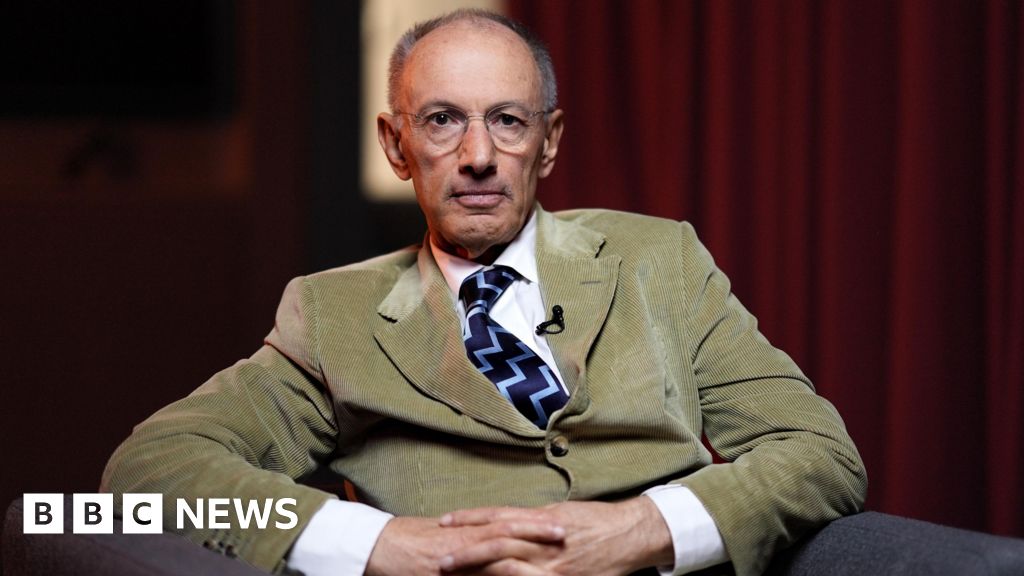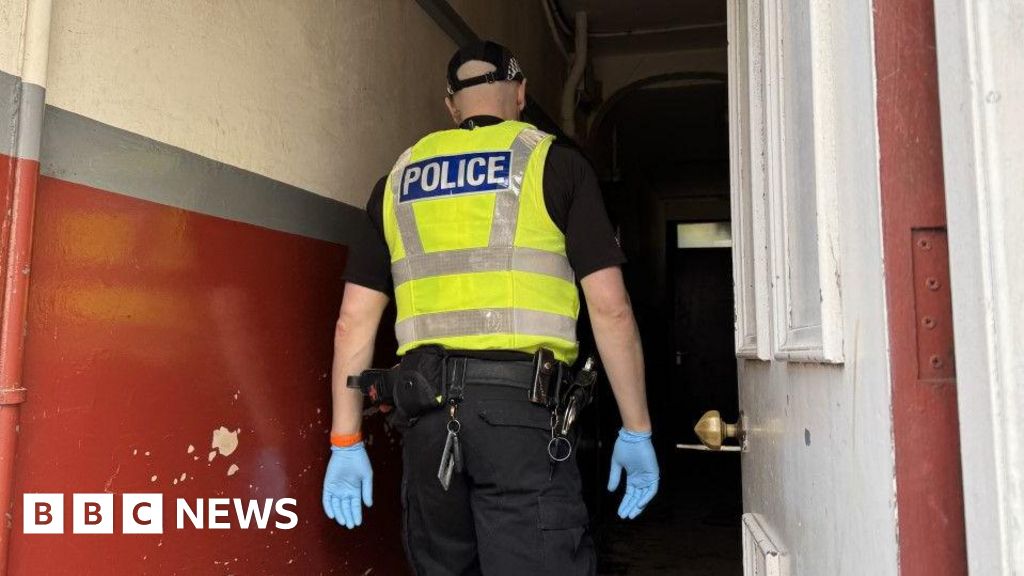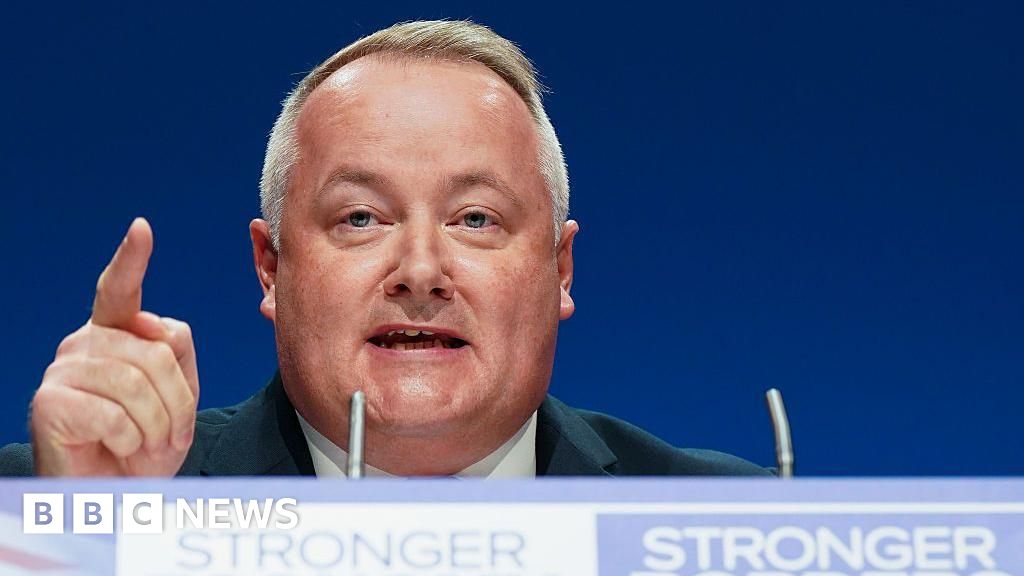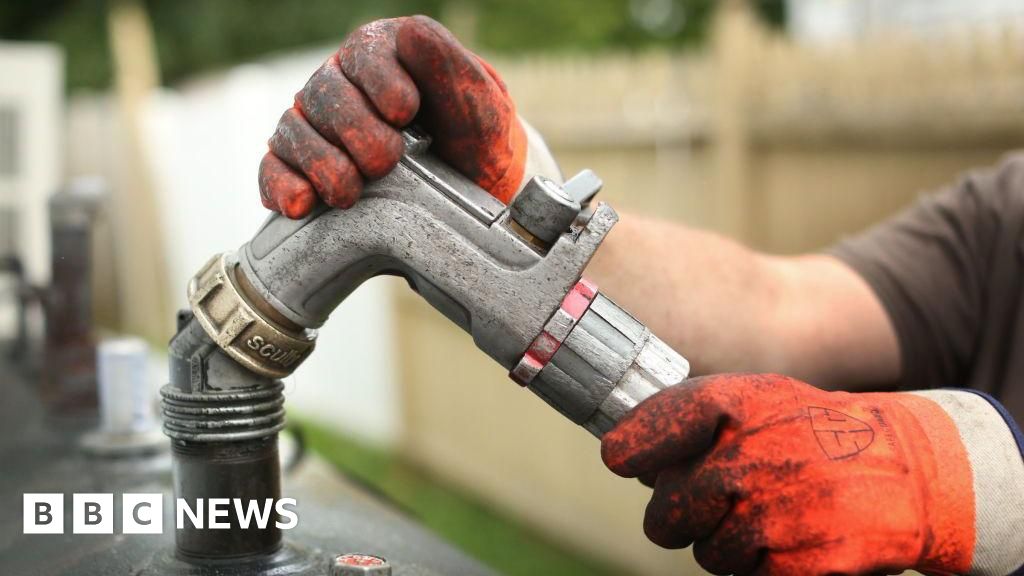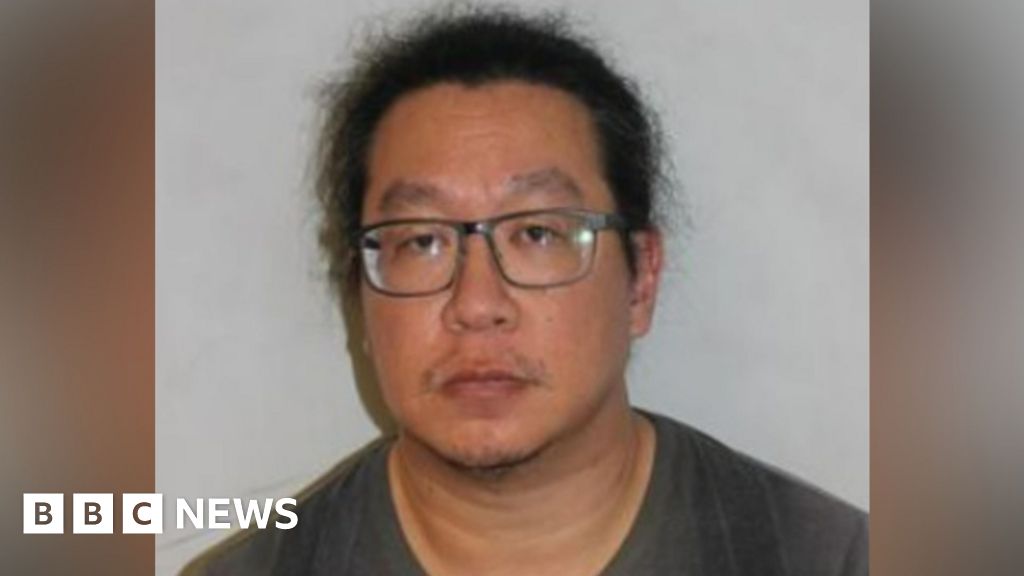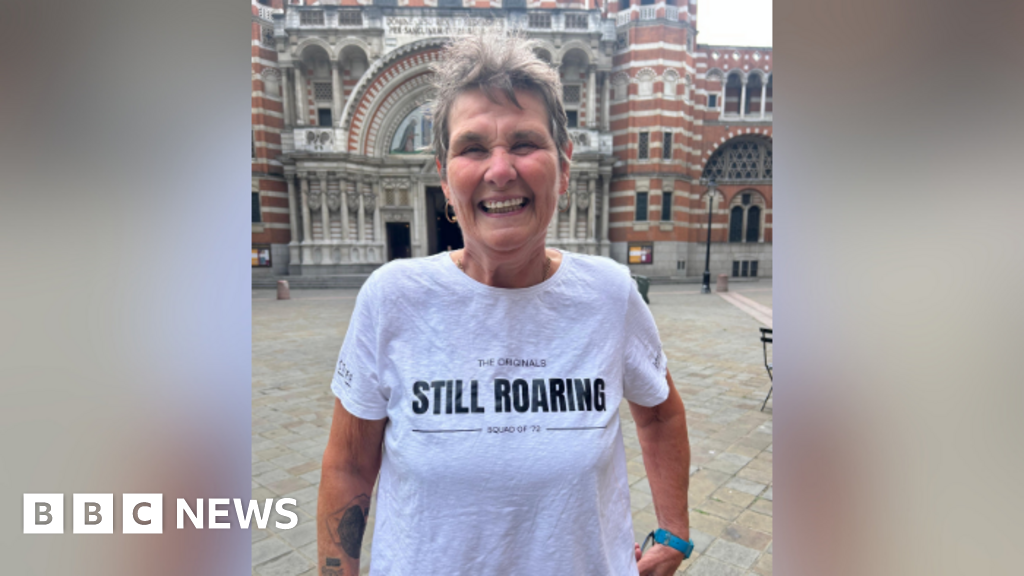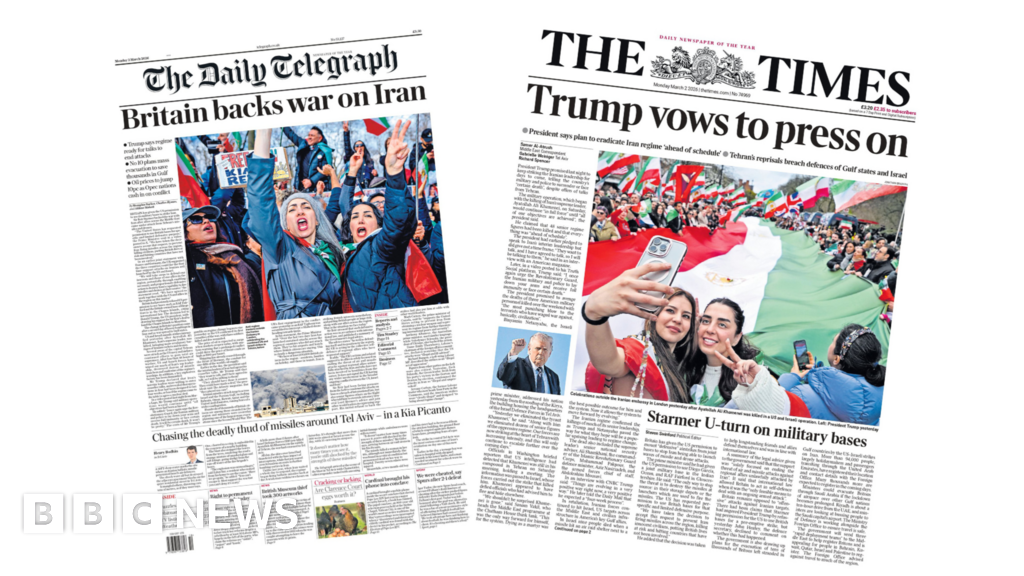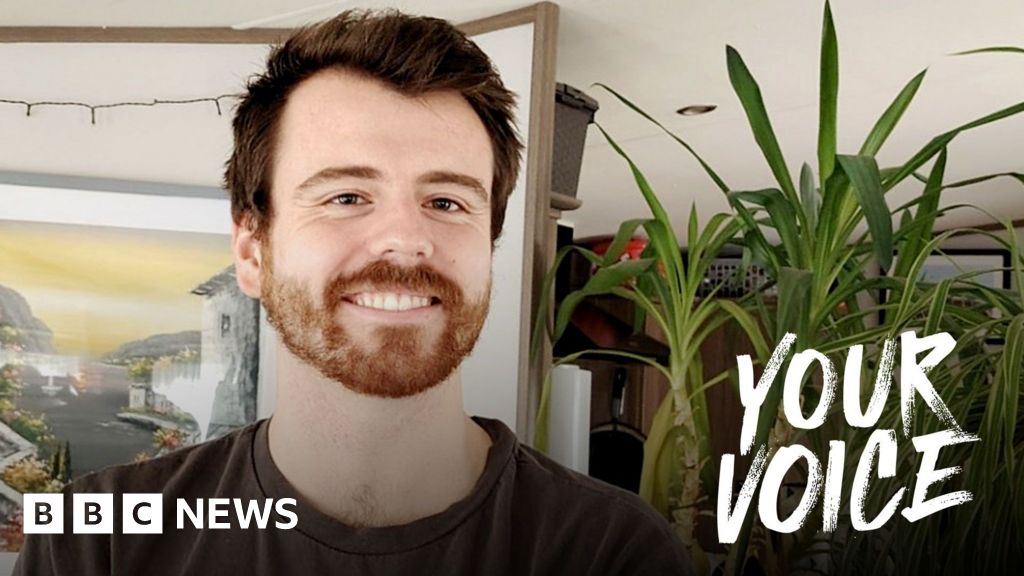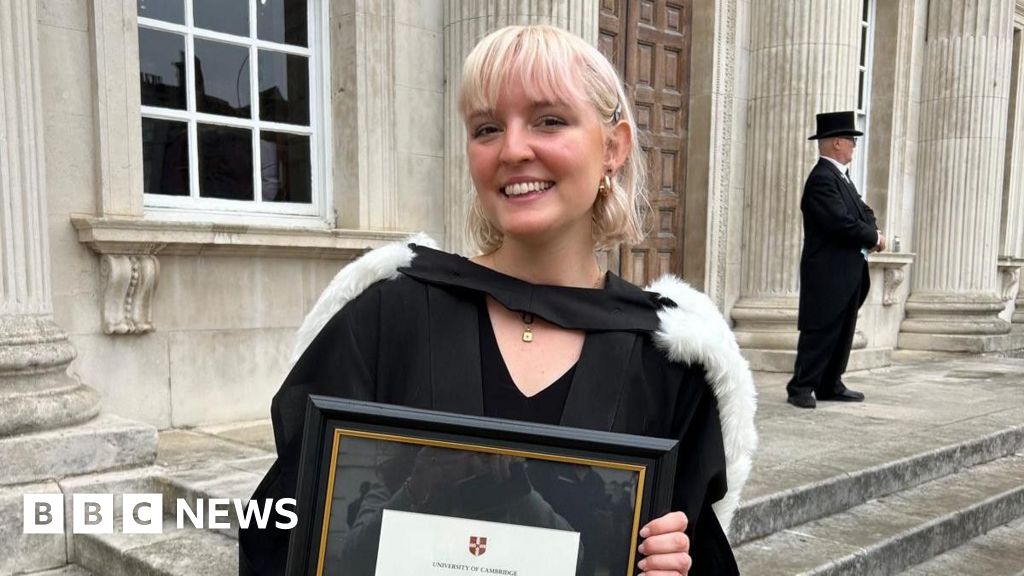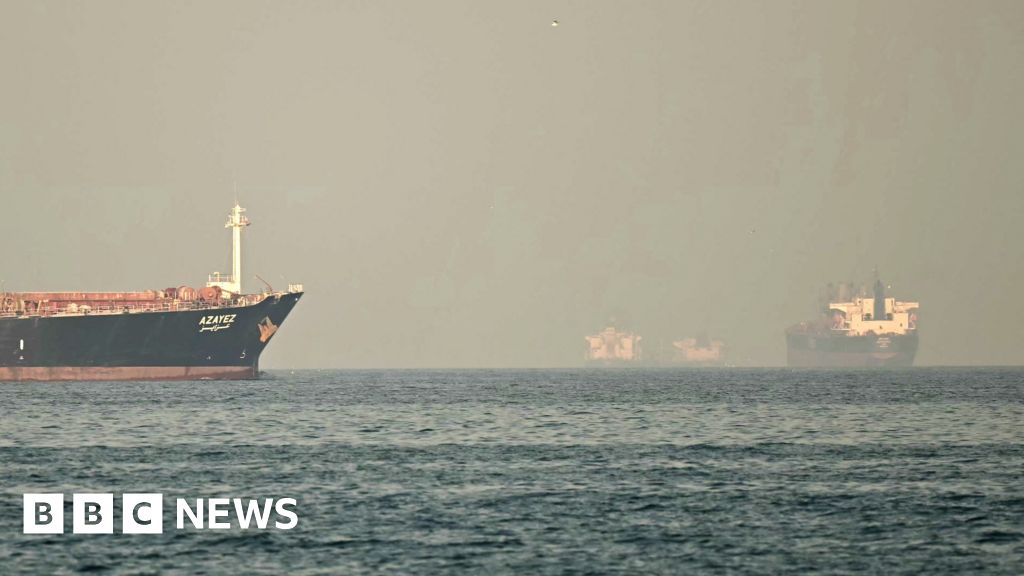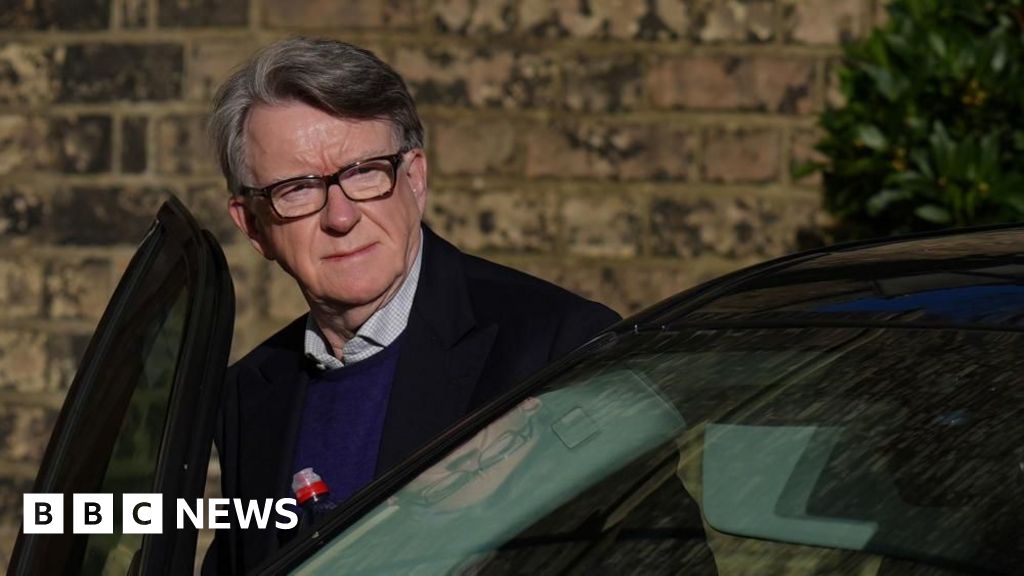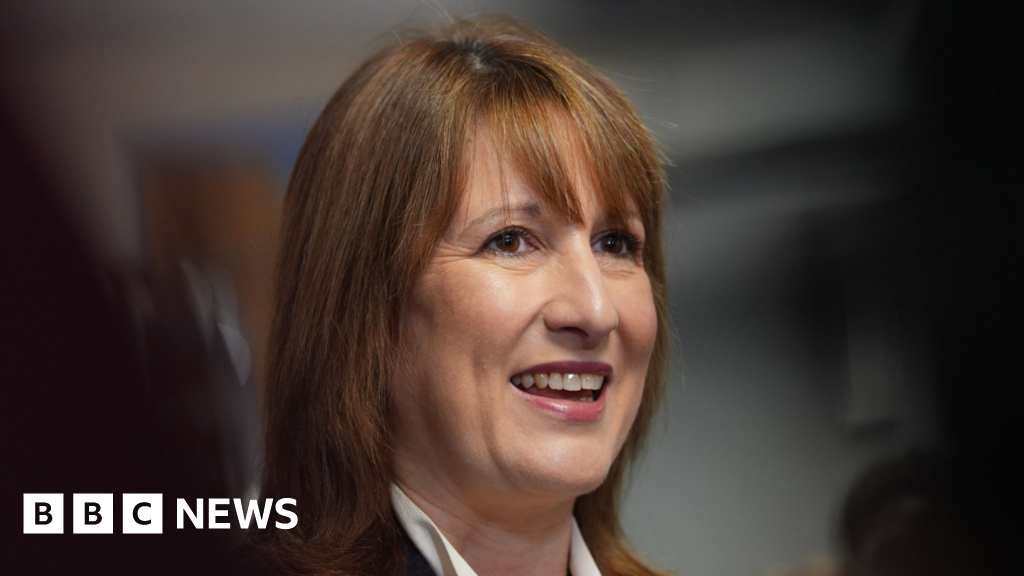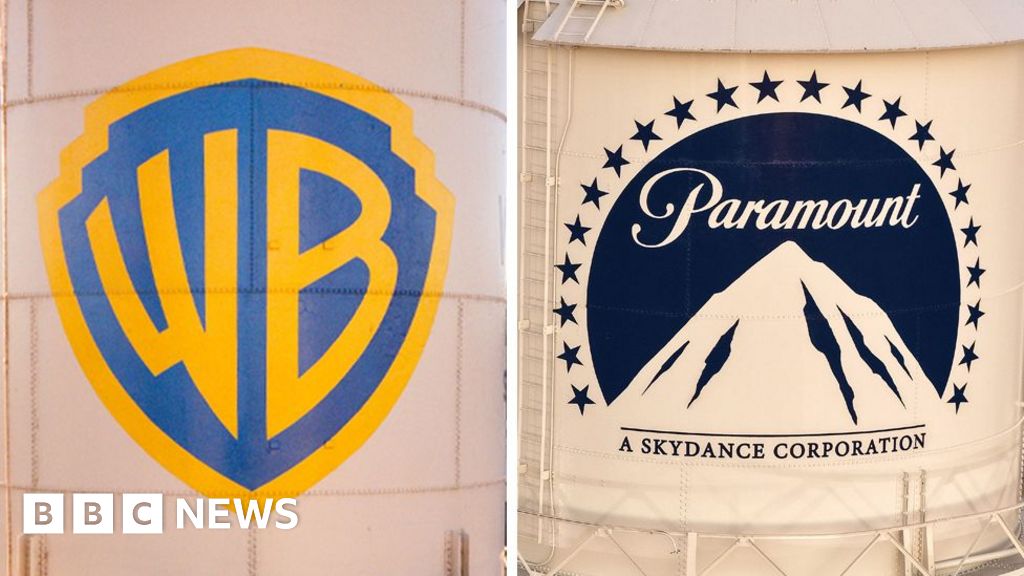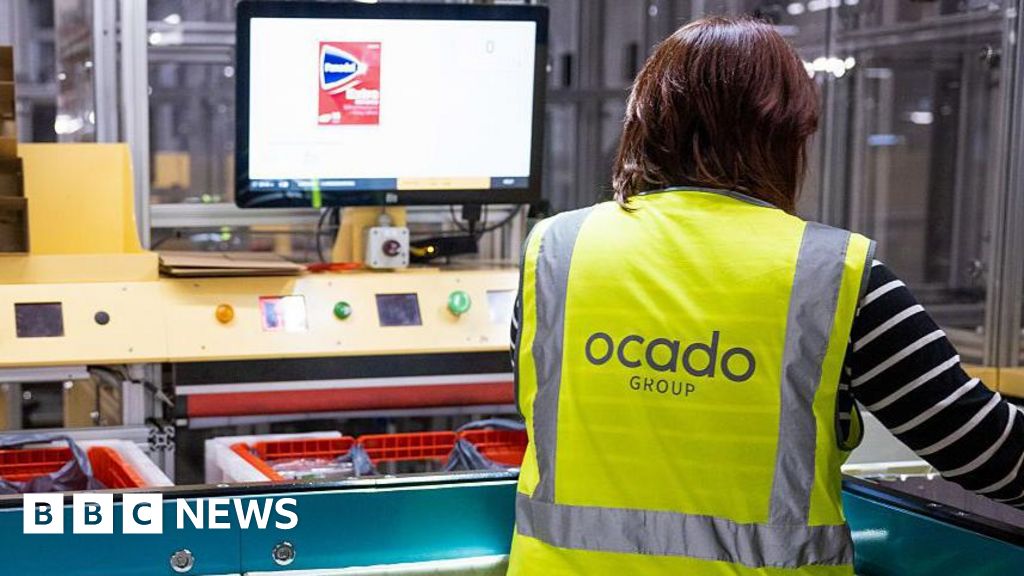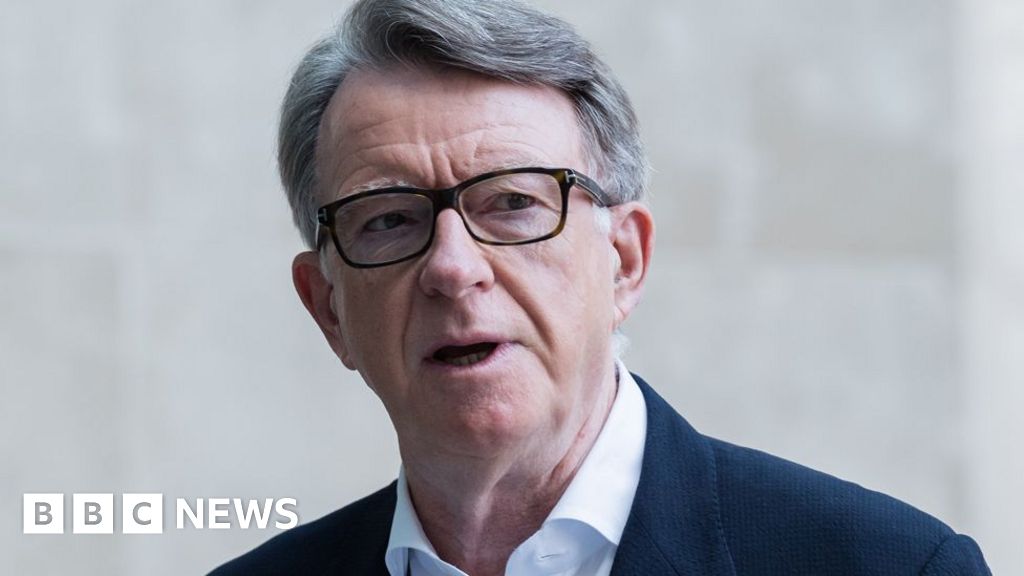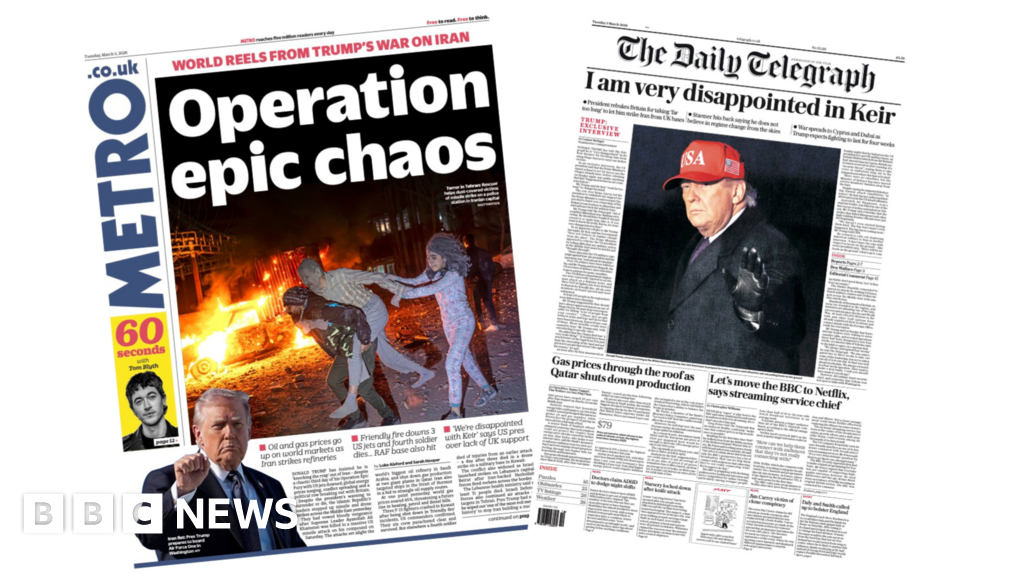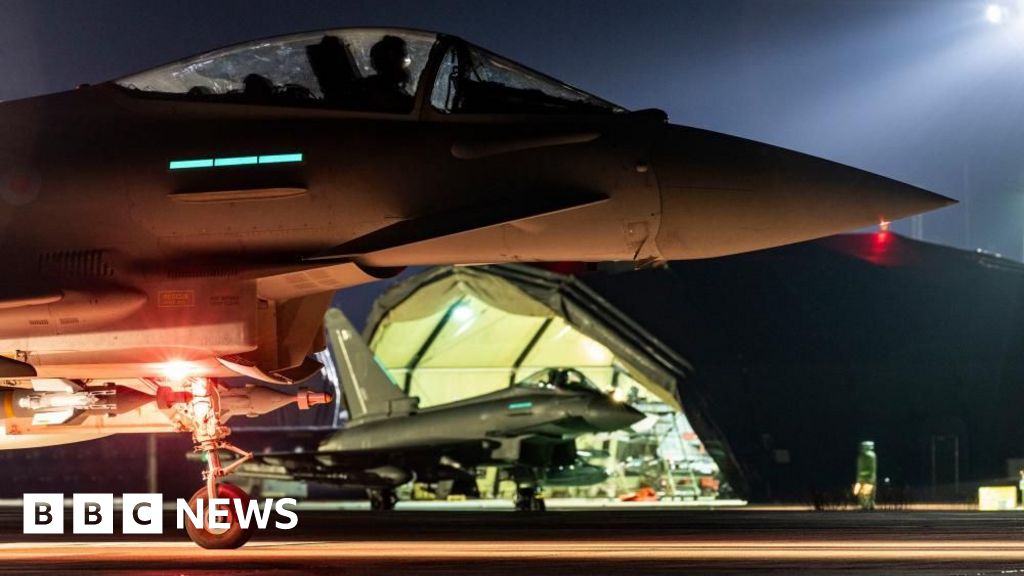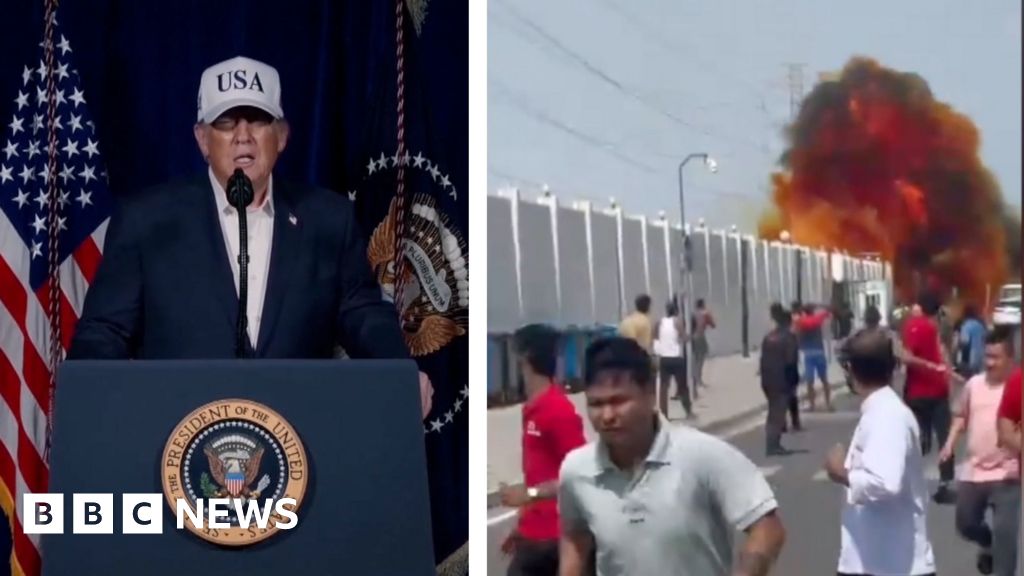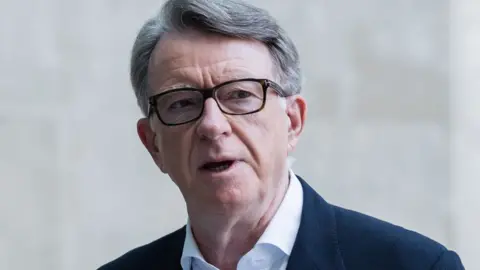 Getty Images
Getty ImagesThe prime minister is expected to name Lord Peter Mandelson – one of the best known figures in British politics – as the UK’s next ambassador to the US.
The Labour grandee served in multiple ministerial roles under Tony Blair and Gordon Brown before taking up a life peerage in the Lords, was considered to be one of the frontrunners for the position.
Dubbed the “Prince of Darkness” during his years as New Labour’s spin doctor, the 71-year-old will now be the key link between Prime Minister Sir Keir Starmer with Donald Trump’s incoming administration during a crucial time for US-UK diplomacy.
He will replace Dame Karen Pierce, whose term in Washington DC is due to end as Trump enters the White House in early 2025.
UK ambassadors are normally career diplomats or civil servants, but Downing Street said choosing a leading Labour politician “shows just how importantly we see our relationship with the Trump administration”.
“We’re sending someone close to the prime minister with unrivalled political and policy experience, particularly on the crucial issue of trade,” No 10 added.
“He’s the ideal candidate to represent the UK’s economic and security interests in the USA.”
Lord Mandelson has been a divisive figures in British politics over many years.
He resigned twice as a minister – once for failing to declare a home loan from a cabinet colleague, and a second time over accusations of using his position to influence a passport application.
But the former cabinet minister and Brussels trade commissioner has enormous political experience, and Downing Street may have judged that sending someone so close to the big political figures may go down well at the White House.
Lord Mandelson has not commented on the appointment, but in November he made a pitch on the BBC’s Sunday with Laura Kuenssberg programme to create “a new relationship rather than a special one” with the US.
In November he also spoke to the News Agents podcast, and said the new Trump presidency was going to have a profound impact on the security and economic stability of the rest of world.
“It’s absolutely essential that we establish a relationship with President Trump that enables us not only to understand and interpret what he’s doing but to influence it”, he said.
He added that the Labour government should try to “reconnect” with Trump’s ally and tech billionaire Elon Musk, who has been critical of Sir Keir’s government and has been appointed head of new advisory team the Department of Government Efficiency (Doge).
Trump had once called Reform UK Leader Nigel Farage a “great choice” for ambassador – but Labour were unlikely to choose a political opponent such as Farage.
Lord Mandelson has suggested making use of Farage’s connections in the US as a “bridgehead, both to President Trump and to Elon Musk and others”.
“You’ve got to be pragmatic, practical about this,” he said.
Farage has meanwhile said that he “might disagree with Mandelson on his politics, but he’s a very intelligent man” and would be good choice for ambassador.
Sir David Manning, who served as the UK’s ambassador to the US between 2003 and 2007, told BBC Radio 4’s The World Tonight programme that Lord Mandelson was a “very articulate, highly intelligent, extremely experienced operator”.
However, he cautioned that the role would see him coming up against “all sorts of issues that will be contentious and difficult” including climate change, dealing with China and the situation in the Middle East.
Lord Mandelson was the Labour MP for Hartlepool from 1992 to 2004, during which time he served as Northern Ireland secretary and business secretary under Blair. He stood down as an MP in 2004 to become a European Commissioner beofre returning as deputy prime minister under Gordon Brown.
Throughout his career Lord Mandelson has been seen as a networker, cultivating contacts with senior figures in global and domestic politics.
Sir Keir said on Thursday the UK would “have to make sure that we avoid tariffs” when asked about Trump’s comments, and reiterated that he wanted to improve trade with Washington.
Trump has pledged to impose wide-ranging tariffs on his first day in office, which experts say could cost the UK £22bn.


